Welcome to Computing at Wallace Fields Junior School!
In a rapidly-changing, modern world, at Wallace Fields Junior School we strive to provide children with the necessary skills and knowledge to embark on all areas of society when faced with technology. We follow the National Curriculum for computing, using Project Evolve and the NCCE to support our teaching of the curriculum to enable progression and challenge within the subject across all year groups. Across the school, we have an Online Safety focus every half term to ensure online safety is being reviewed and reminded consistently. Every year group then has a half termly focus, which may be safety online, coding, programming, multimedia work, word processing or computer science.
Computing update presentation
We are consistently enhancing our ideas to ensure teaching is up to date and our subjects are exciting for the children. Here is an update from the Computing Lead about the Computing at our school. Click here for a video.
Online Safety
Embedded throughout the curriculum, there is a key focus on safety online. It is paramount that the children understand how to navigate their way through and around technology in a safe and positive way. The children sign an acceptable use policy. They are constantly reminded to use the computers in a positive and appropriate manner during lessons and extra-curricular activities. We incorporate online safety throughout dedicated Online Safety lessons each half term, reminders in lessons when using the internet and throughout our PSHE and Circle Time lessons too.
Please click here or on the image above for a useful Loom video on Online Safety Information for Parents.
National Online Safety Accreditation
We are pleased to announce that we are a National Online Safety Certified School. We have worked with the National Online Safety group to use resources, provide lessons and educate our community (children, staff, parents and carers) to show our dedication to teaching our WFJS how to be safe online.
National Online Safety is a multi-award winning digital training provider with extensive resources in online safety, developed in line with the Department of Education’s statutory requirements.
Its CPD accredited courses and educational resources support UK schools in educating the whole school community in online safety– including all senior leaders, teachers, all school staff and parents – on how to make the internet a safer place for children.
James Southworth, co-founder of National Online Safety, said:
Congratulations to everyone at Wallace Fields Junior School on becoming a National Online Safety Certified School. By completing our training programme, the school has shown its strong commitment to implementing an effective whole school approach to online safety.
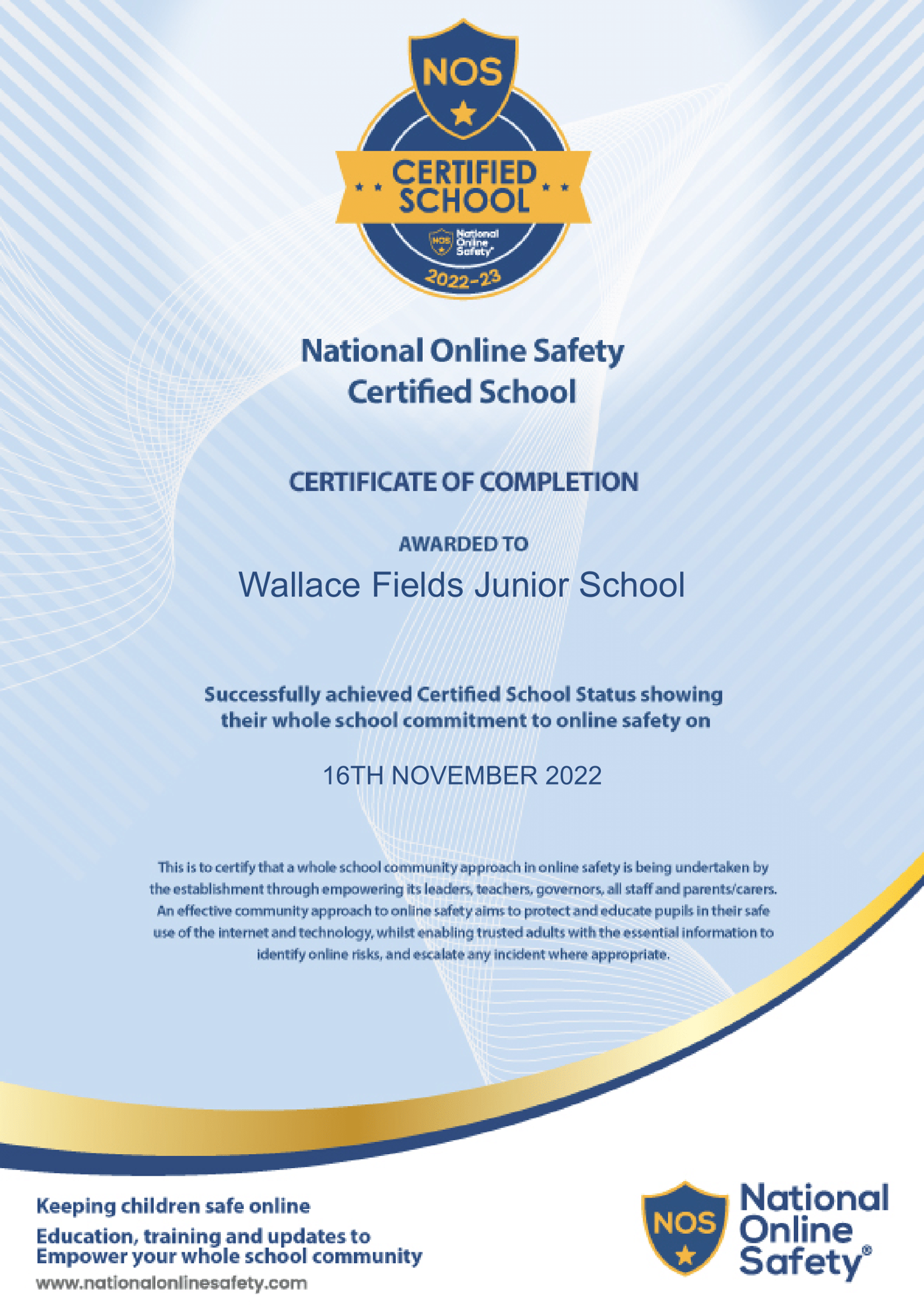
You can find our Online Safety policy below.
Online Safety Policy
Curriculum Intent
In line with the 2014 National Curriculum for KS2 Computing, our aim is to provide children with the necessary skills and knowledge to embark on all areas of society when faced with technology. The curriculum focuses on providing children with the skills required to use and apply computational thinking and creativity to understand and have an impact in our rapidly-changing, modern world.
By the time the children leave Wallace Fields Junior School, we hope the children will have gained key knowledge and skills across the three main areas of the computing curriculum: computer science (programming, coding and understanding how digital systems work in practice), information technology (using computer systems to store, retrieve and send information; focus on presenting, designing and creating using a range of multimedia) and digital literacy (evaluating digital content for its reliability, using technology safely and respectfully, understanding the positive influence we can have on our digital footprint). The three strands are covered across all year groups in KS2 and ensure a solid grounding for future learning beyond for all children.
Implementation of Computing
At Wallace Fields Junior School, Computing is embedded throughout the curriculum and in stand-alone lessons. This ensure that all children are able to develop depth in their knowledge and skills over the duration of each of their computing topics. Furthermore, they can apply this within other subjects to reinforce the key knowledge and understanding gained within the independent computing lessons.
Knowledge and skills are mapped across each topic and year group to ensure systematic progression across the key stage. We have a computing suite and a full class set of Chromebooks per year group. This ensures that all year groups have the opportunity to utilise the Chromebooks more often and bring them into other areas of the curriculum with greater ease. Employing cross-curricular links motivates pupils and supports them to make connections between our school’s computing curriculum and other areas of the wider curriculum.
The implementation of the curriculum also ensures a balanced coverage of computer science, information technology and digital literacy. Whilst all three strands are covered in each year group, the subject knowledge imparted becomes increasingly specific and more complex to ensure that progression and learning is built upon and evident.
Computing Progression Map
Computing Software and Resources
We are lucky enough to have a fully operational Computing Suite. When the children have their lessons in our very own suite, this is time for the children to interact and experiment with Microsoft software, whilst also working on desktop screens. In addition to our amazing Computing Suite, we currently have a class set of Chromebooks in Years 3, 4 and 5 and a whole year group set in Year 6 which means every year group have at least 34 Chromebooks. These can be used to further enhance computing sessions, or to be embedded within other areas of the curriculum. The children all have logins to the Chromebooks which they are issued with at the beginning of the year with a password and children are also issued with passwords for the desktop computers when working in the Computing Suite.
On the Chromebooks, we are able to access lots of Google apps and software to enhance the learning opportunities for the children. Google Classroom is a key tool which is used by all classes to create, distribute and feedback on work to all children. It also allows for collaborative work, by enabling children and teachers to all work on a document simultaneously. This is a fantastic tool for sharing links during lessons, as well as home learning. The children’s engagement on Google Classroom is fantastic and allows them to share their ideas with others in the class too.
Some of the software we use in school includes Scratch, code.org, audacity, iMovie, Microsoft Office and Kodu. This gives the children the opportunity to explore different platforms within the computing curriculum and build upon prior knowledge by challenging their own understanding and skills with various appliances.
Inclusivity of Computing
At Wallace Fields Junior School we teach computing to all children, whatever their ability. Computing forms part of our school curriculum policy to provide a broad and balanced education for all children. We provide learning opportunities that are matched to the needs of children with learning difficulties. In some instances, the use of computing has a considerable impact on the quality of work that children produce; it increases their confidence and motivation. When planning work in computing, we take into account the targets in the children’s Individual Education Plans (IEPs). Software can be used to support the children with special educational needs e.g. Wordshark for English support and the accessibility of Chromebooks can support children who find it difficult to hand write.
Impact of Computing
Our approach to the computing curriculum generates a fun, engaging and high-quality computing education. The quality of children’s learning is evident on Google Classroom, Google Drive and our central shared area. Self-reflection, peer assessment and teacher assessments can be made using all of the above. Evidence from these lessons is used to feed into teachers’ future planning, adjustments to challenge opportunities and using the recent remote learning to build upon prior knowledge. This supports varied paces of learning for all pupils and ensures opportunities for good progress is evident for all children. The subject specific knowledge and skills developed in our computing lessons and wider curriculum equip the children with experiences which will benefit them in secondary school, further education and future workplaces. From presenting data, critical thinking, complex coding and digital artwork, computing at Wallace Fields Junior School gives children the building blocks that enable them to pursue a wider range of interests in the next stage of their lives.
Computing in Action!
National Curriculum
To find out more about the national curriculum for Computing in Key Stage 2 that the school is following https://www.gov.uk/government/publications/national-curriculum-in-england-computing-programmes-of-study.
Useful Links
We share useful information from National Online Safety regularly in the school weekly newsletter. Please see below some useful information we have previously shared.
National Online Safety Posters
Here are some links we really recommend looking through to help have those important conversations about using technology safely and positively at home:
http://www.saferinternet.org.uk/
http://www.childnet-int.org/
http://www.internetmatters.org/
https://www.nspcc.org.uk/keeping-children-safe/online-safety/
http://www.thinkuknow.co.uk/
http://www.google.co.uk/familysafety
https://www.comparitech.com/blog/vpn-privacy/protecting-childrens-privacy/
http://www.anti-bullyingalliance.org.uk/
https://www.vodafone.co.uk/mobile/digital-parenting
http://www.ceop.police.uk/
Sites for children
https://www.bbc.com/ownit
http://www.kidscape.org.uk/
http://www.childline.org.uk/
http://www.internetsanscrainte.fr/ (French)
Related News
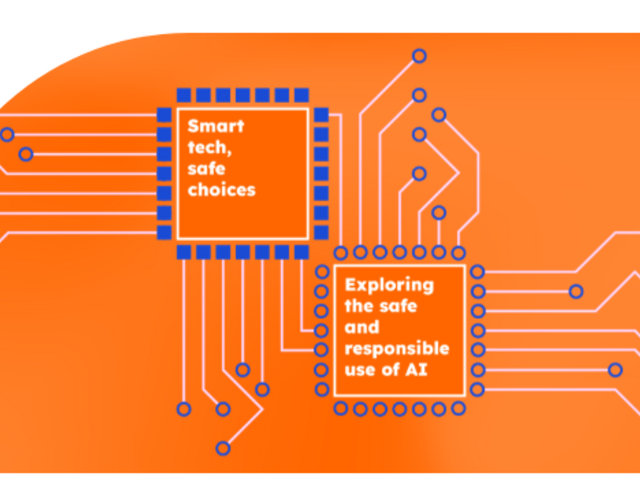
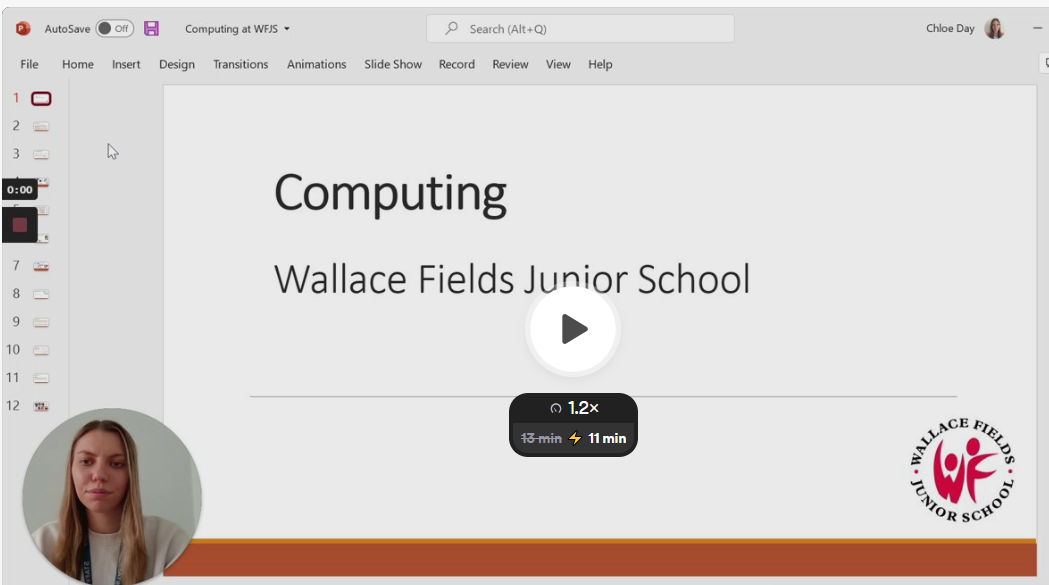
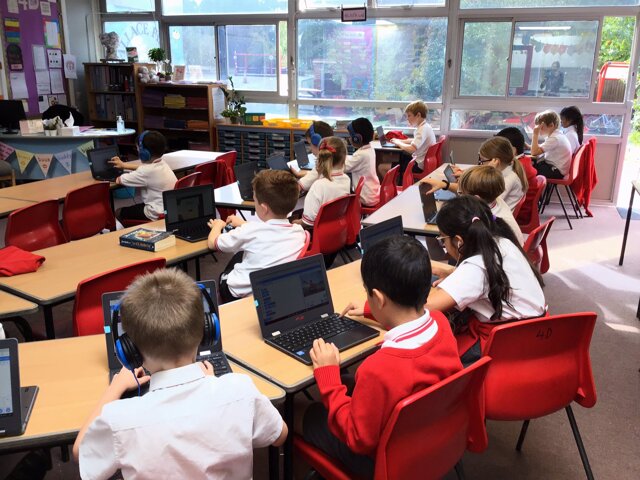
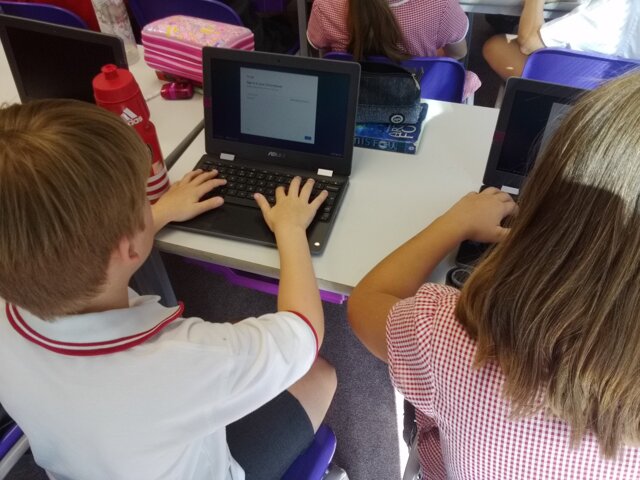
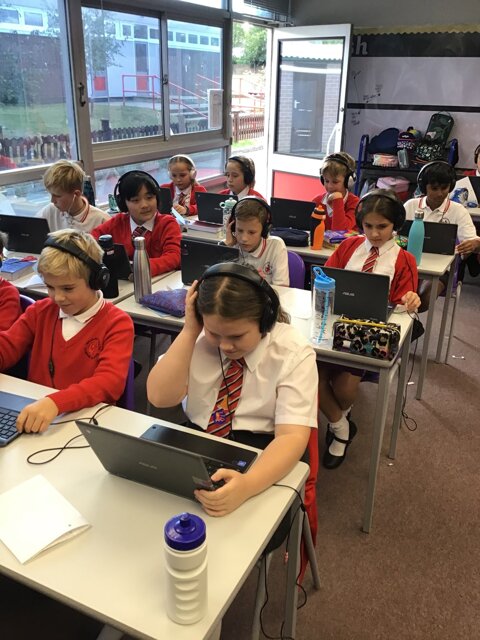
.jpeg)